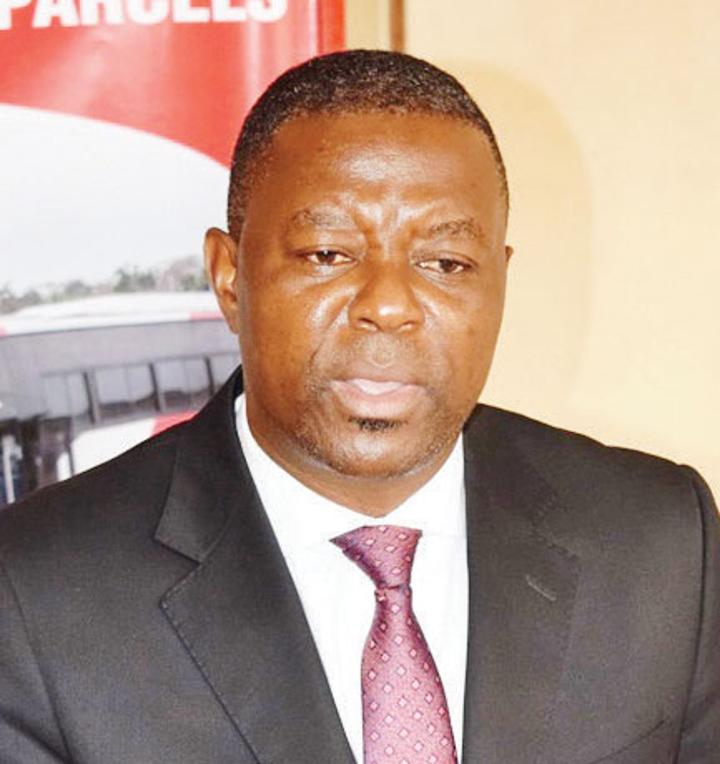Africa-Press – Malawi. The World Bank (WB) has said creating a regulatory environment conducive to private sector growth would require disentangling political rents and business interests.
In the latest Country Private Sector Diagnostic (CPSD) report which WB and International Financial Corporation released last week, the two institutions indicate that political patronage is the modus operandi in Malawi, undercutting the development of State capacity and efforts to address market failures.
The report says policymaking has long been driven by insider relationships and biased towards the interests of larger and established firms. It further cites vested interests and cronyism as common constraints to the creation of competitive markets.
“The government’s large share of demand for goods and services can make these relationships very lucrative, especially in domestic markets such as those for farm inputs and construction.
“The focus on maintaining rents in these sectors has drawn government resources away from supporting private sector growth in more complex and export-oriented industries,” the CPSD report indicates.
It adds that if the new administration could strengthen accountability and transparency as well as public procurement processes, there would be an opportunity to wean many domestic firms off their dependency on government connections and support more competition across key markets.
Director for economic think-tank Centre for Research and Consultancy Milward Tobias agreed with the observation by the CPSD report. “The challenge originates from having a strong government presence in the economy. As such, politically induced economic decisions affect private sector development,” Tobias said.
Government spokesperson Gospel Kazako said political patronage and rent-seeking were among cultures the Tonse Alliance-led administration was chopping off.
According to Kazako, it will be a waste of time for people to think that aligning with those in power will work to their advantage. “This is why we are ensuring that all governance institutions are running independently and professionally to check elements of that nature,” Kazako said.
According to the CPSD report, more competition across the economy could help drive down prices of consumer goods, encourage productive investments and kick-start innovation.
Competition is already cutthroat among most micro and small-scale enterprises but larger players hold dominant market shares in their area of interest or tend to be part of strong oligopolies.
“This is reflected in surveys on the perception of skewed market dominance and the lack of effective anti-monopoly policies to ensure fair competition, where Malawi scores poorly among its peers,” the report says.
For More News And Analysis About Malawi Follow Africa-Press






